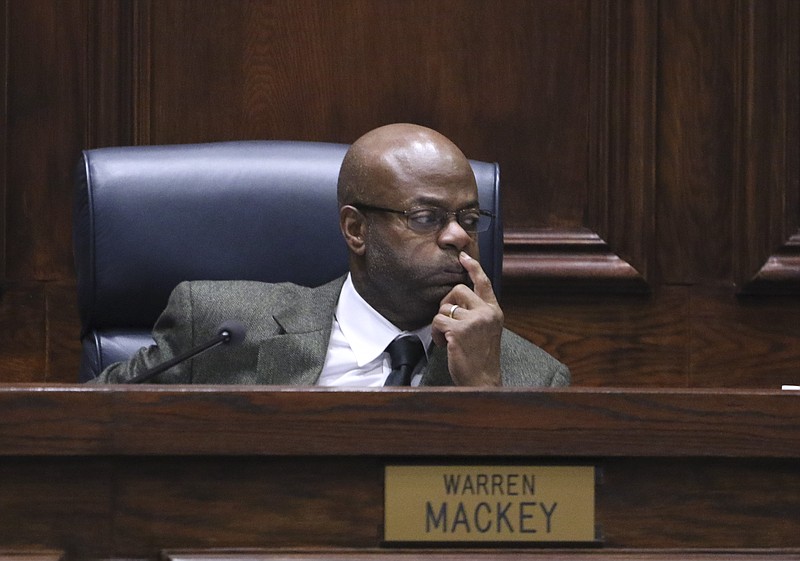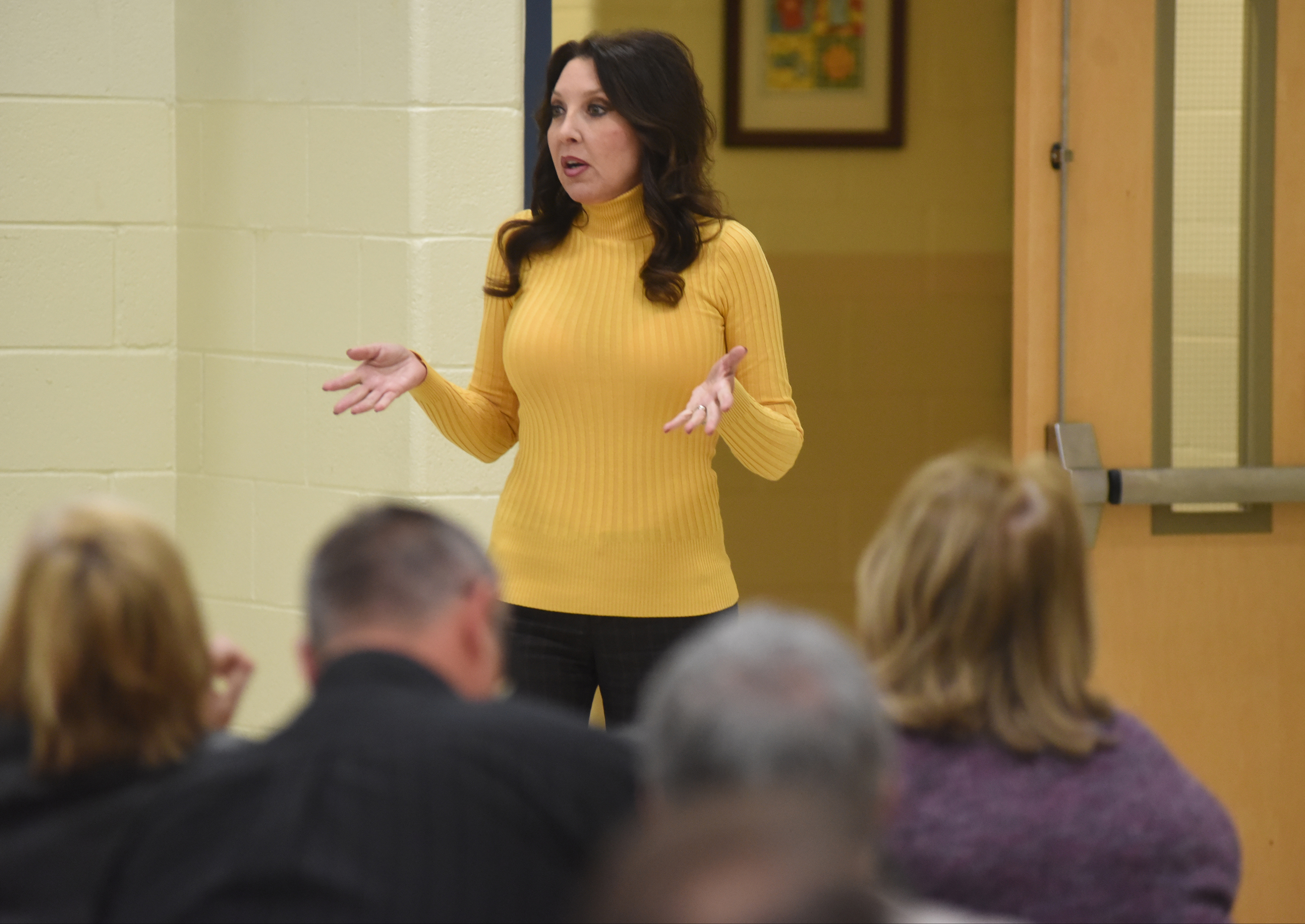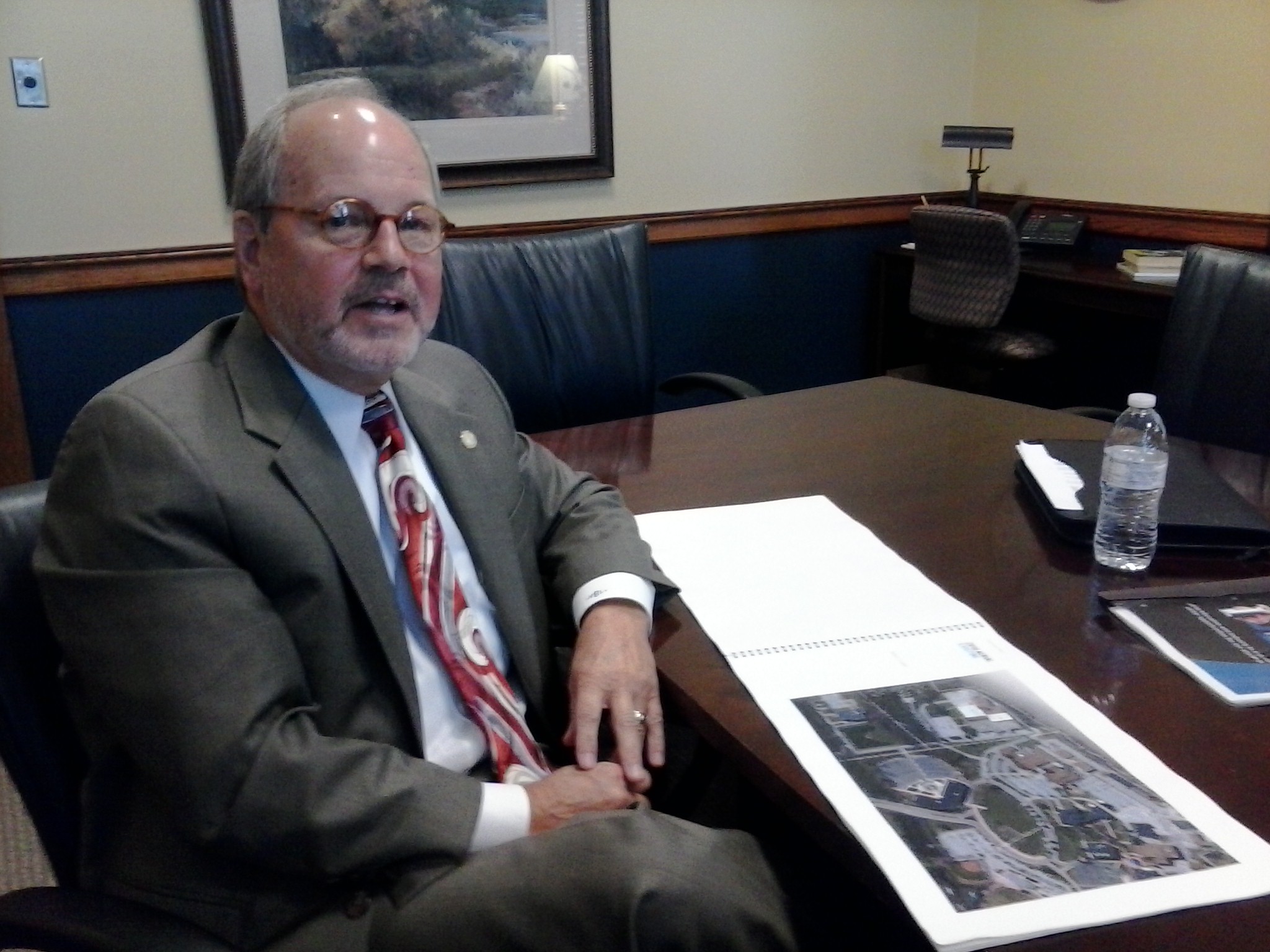Some Hamilton County commissioners are fending off criticism of their discretionary spending by shedding some light on the process.
Three of the six commissioners who voted to override a veto by county Mayor Jim Coppinger and pull $900,000 out of the general fund balance for so-called discretionary funds are making efforts to be more open about their projects.
Commissioner Sabrena Smedley, who represents District 7, has assembled a 12-person panel to help guide her decisions. And she said the panel will handle more than questions about discretionary spending.
"If you look at my district, I've got probably 30 percent or more from the city of Chattanooga, a good bit of unincorporated area. Then I've got Collegedale," she said. "I have people from each area to serve on this panel."
Monday was the first time the panel met, and Smedley has been building it over the last few weeks. It includes political figures, such as Chattanooga Tea Party President Mark West and Collegedale Councilman Phil Garver, along with developers, Realtors and area parents.
"I tried to be very diverse. I'm trying to make sure we've got a good mix of people," she said.
Commissioner Warren Mackey also has assembled a group of community leaders in his district, although his has only five members from three main areas in his district, which includes parts of downtown and the Highway 58 area.
Alton Park Neighborhood Association president Gil Shropshire and other neighborhood leaders are on Mackey's list.
Mackey said his panel will help guide his decisions on discretionary funds and other needs in the area.
"We are going to begin to meet and get some guidelines in terms of what to do. And they will be the ones vetting and making guidelines about how [discretionary] money is spent," Mackey said.
Commissioner Tim Boyd is taking a different approach. He's inviting media and the public to meetings he has with organizations seeking discretionary funds.
Early this month, Boyd met with officials at the Orange Grove Recycling Center. The center had asked the county for $250,000 to expand its recycling center and add about 50 jobs. The center employs special needs adults to help sort recyclables. But the center was not in the county's 2016 budget.
Boyd said he's considering contributing some of his discretionary funds toward the center.
"Their design is to be purposely labor intensive so they've got a place for these special needs adults to work. Now, who can't get behind that?" Boyd said.
On Wednesday, Boyd is meeting at 8 a.m. at ArtsBuild, a nonprofit organization that aims to supports art and culture in the Chattanooga area.
Boyd said that's just the way he's going to do business with his discretionary funding.
"If I'm considering funding something that's over $15,000 that has to go to a resolution, I will continue to invite the media to those meetings so they can see what kind of process I go through for these things," Boyd said.
Hamilton County Mayor Jim Coppinger, who initially left the funds out of the budget saying there was not a revenue stream to support them - and vetoed an amended budget the commission passed later - said last week the discussion hasn't ever been about the quality of the projects or the process by which they are selected.
He said it's just a matter of not having revenue.
And it's still unclear how commissioners can spend the money.
The commission is awaiting a Tennessee attorney general opinion as to whether the commissioners can spend the money on education projects or school facilities. An opinion written in 1991 says additional general fund money can't be spent on education once the tax levy is set.
Smedley said she hopes the attorney general will decide in the commission's favor. Otherwise, she's not sure how school sports and other extracurricular activities will survive. The school system is not obligated to pay for athletics or non-classroom activities.
"Unfortunately, I think the students are losing," she said. "If somebody can tell me how we can fund athletic facilities and these important projects, I'm all ears."
Contact staff writer Louie Brogdon at lbrogdon@timesfreepress.com, @glbrogdoniv on Twitter or at 423-757-6481.


